

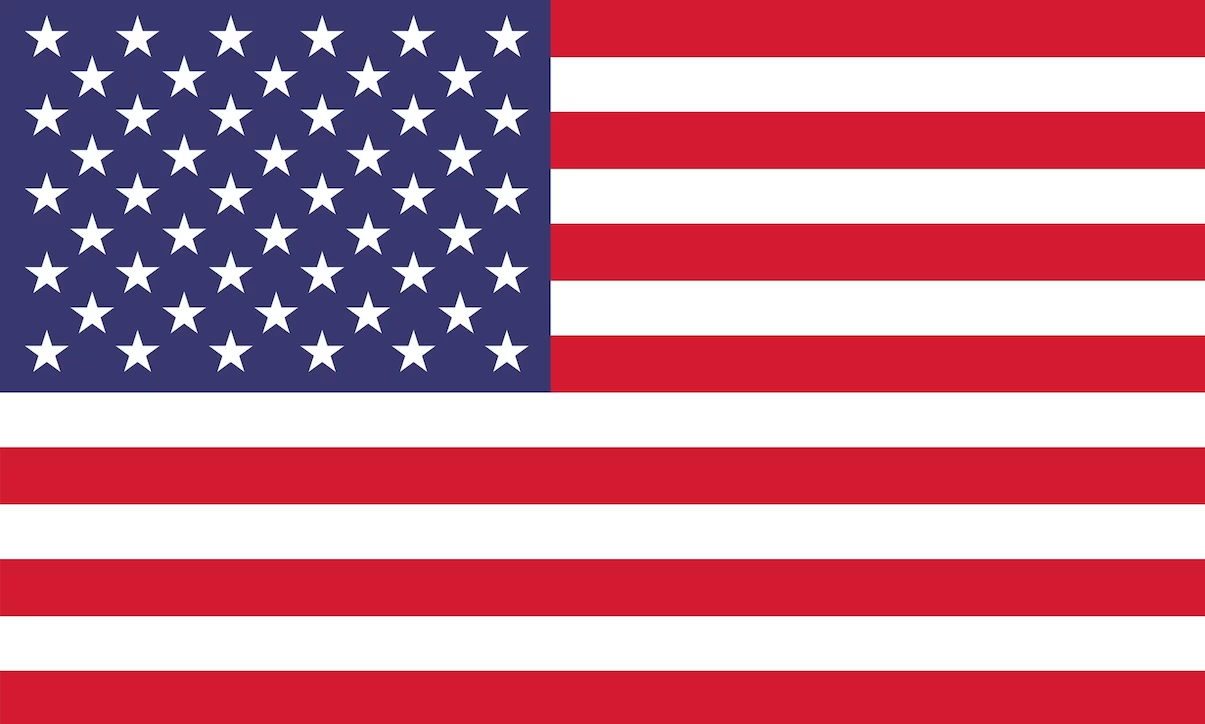
|
Featured Bio: |
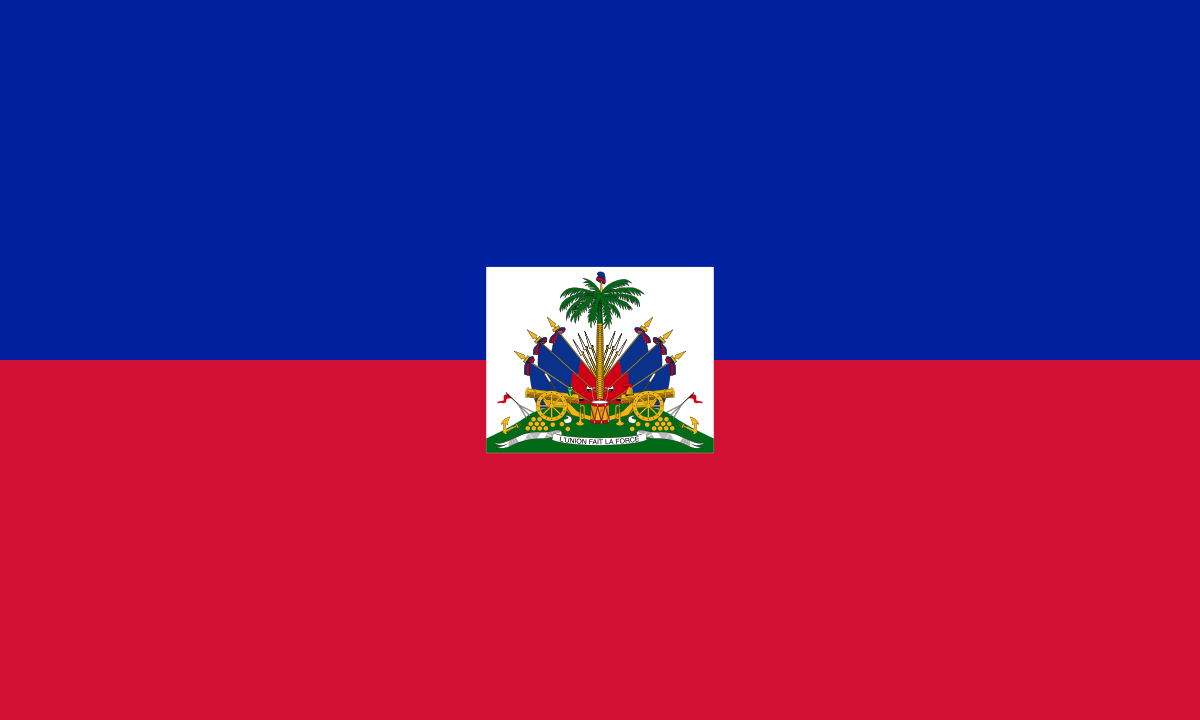
|
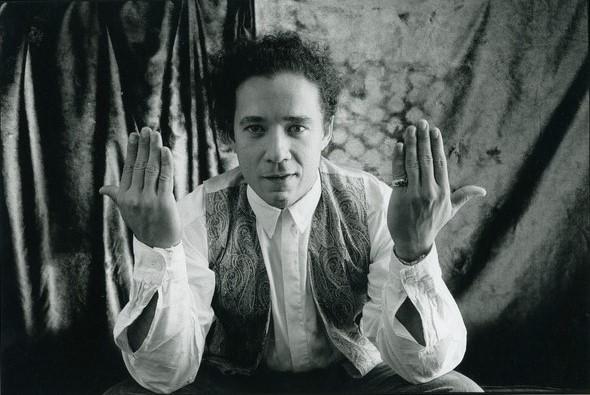 |
Edouard Duval-Carriéb. 1954 (Port-au-Prince, Haiti) (Haitian Heritage)
“Edouard Duval-Carrié was born in Port-au-Prince, Haiti in 1954. His family emigrated to Puerto
Rico while he was a child during the François Duvalier regime. Duval-Carrié studied at the
Université de Montréal and McGill University in Canada before graduating with a Bachelor of
Arts from Loyola College, Montréal in 1978. He later attended the École Nationale Supérieure
des Beaux-Arts in Paris, France, from 1988 to 1989. He resided in France for many years and
currently lives in Miami, Florida. "I didn't want to go back to Haiti because of the political
turmoil there. I have two kids," he explains Instead he resides among Miami's substantial
Haitian immigrant population and maintains cultural ties to his homeland. His works have been
exhibited in Europe and the Americas.
In his work, Duval-Carrié's art reflects the culture and history of Haiti with references to
the Vodou religion. His work is often overtly political, executed in attempts to embody his
nation's spirit and its troubles. He operates in a variety of media: altarpieces, lacquered
tiles, and reliquaries in addition to painting and sculpture. Installations have become more
prevalent in his recent output.” (Barry University). |
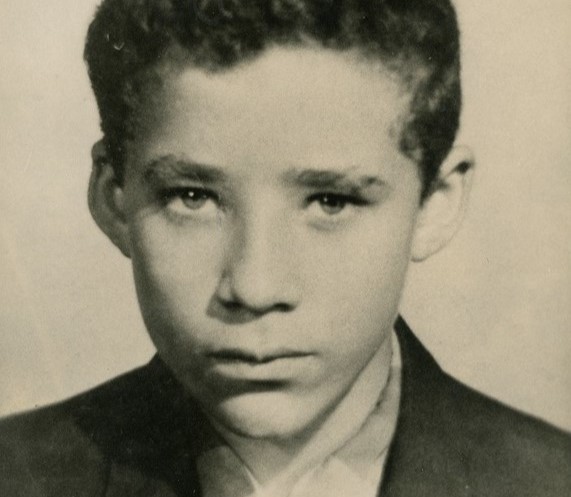
|
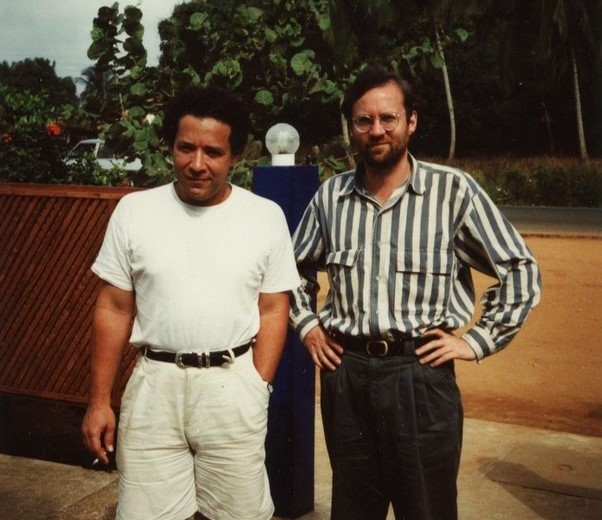
|
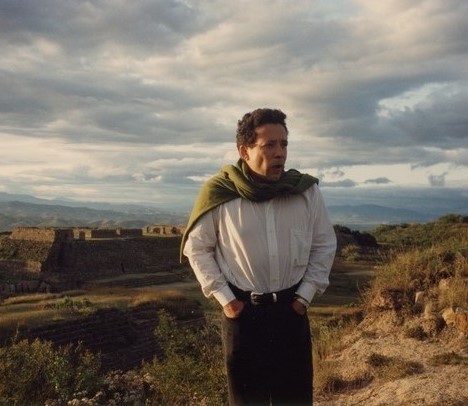
|
|
Portrait of Edouard Duval-Carrié as a child. |
Edouard Duval-Carrie with Antiquarian and Rare Books Specialist friend, Pablo Butcher. |
Edouard Duval-Carrie visiting archaeological site of Monte Alban in Oaxaca, Mexico. |
|
Circa 1967 |
1997 |
1992 |
|
|
|
|
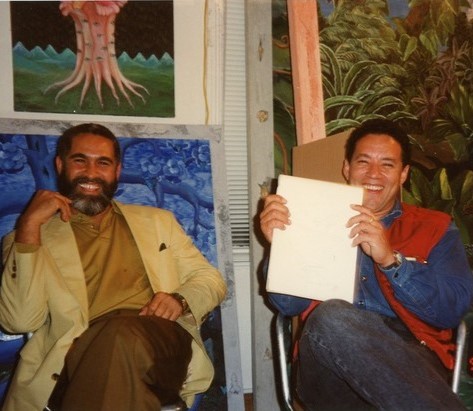
|
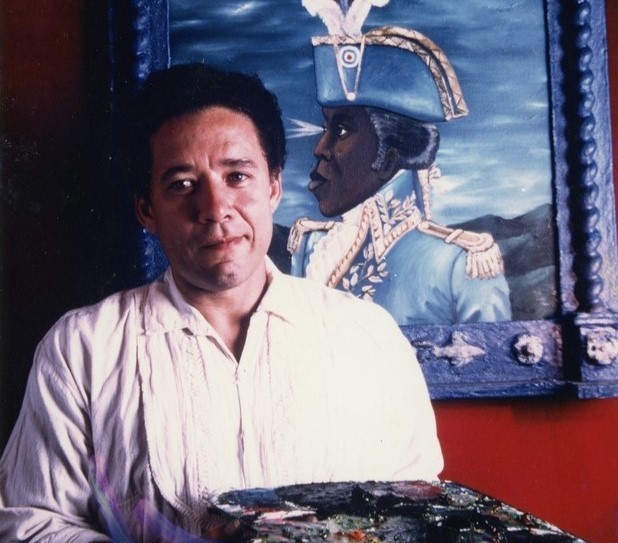
|
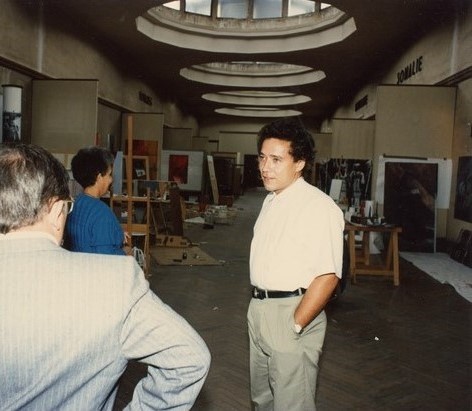
|
|
Edouard Duval-Carrie with Haitian painter Philippe Dodard, Miami, FL. |
Edouard Duval-Carrie in front of his work Toussaint L'Overture. |
Edouard Duval-Carrie at his studio in the Musee National des Arts d'Afrique et d'Oceanie – Paris, France. |
|
1998 |
1992-1994 |
1998 |
|
|
|
|
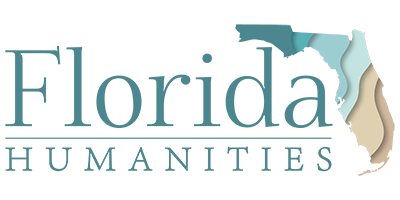
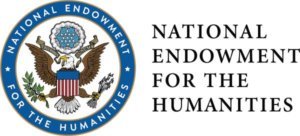
|
|
Funding for this program was provided through a grant from the Florida Humanities with funds from the National Endowment for the Humanities. Any views, findings, conclusions or recommendations expressed in this website do not necessarily represent those of Florida Humanities or the National Endowment for the Humanities. |

|
|
Florida SouthWestern State College, an equal access institution, prohibits discrimination in its employment, programs and activities based on race, sex, gender, age, color, religion, national origin, ethnicity, disability, pregnancy, sexual orientation, marital status, genetic information or veteran's status. The College is an equal access/equal opportunity institution. Questions pertaining to educational equity, equal access, or equal opportunity should be addressed to Title IX Coordinator/Equity Officer, 8099 College Parkway, Fort Myers, Florida 33919, equity@fsw.edu, 239.489.9051 or to the Assistant Secretary for Civil Rights, United States Department of Education. |